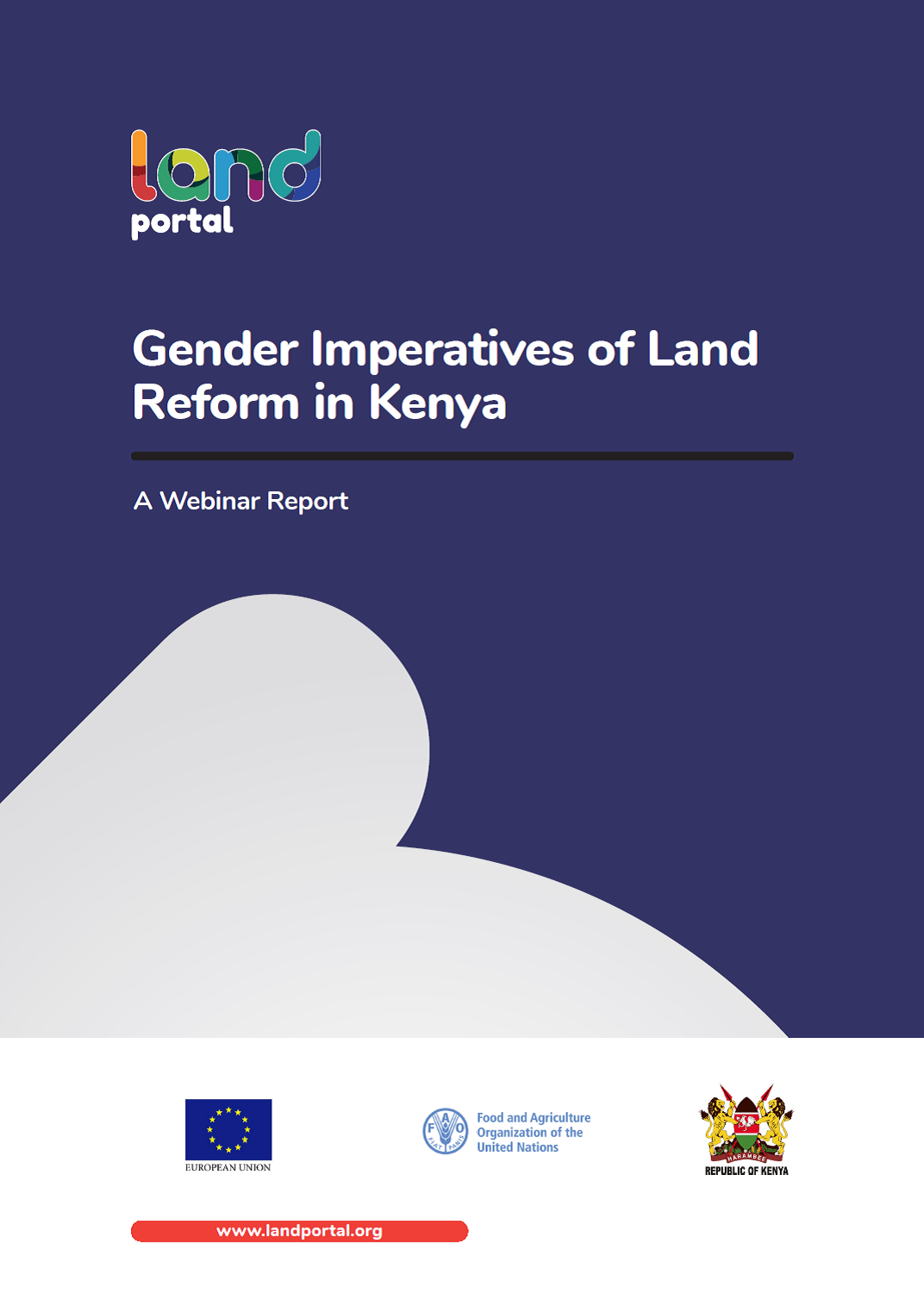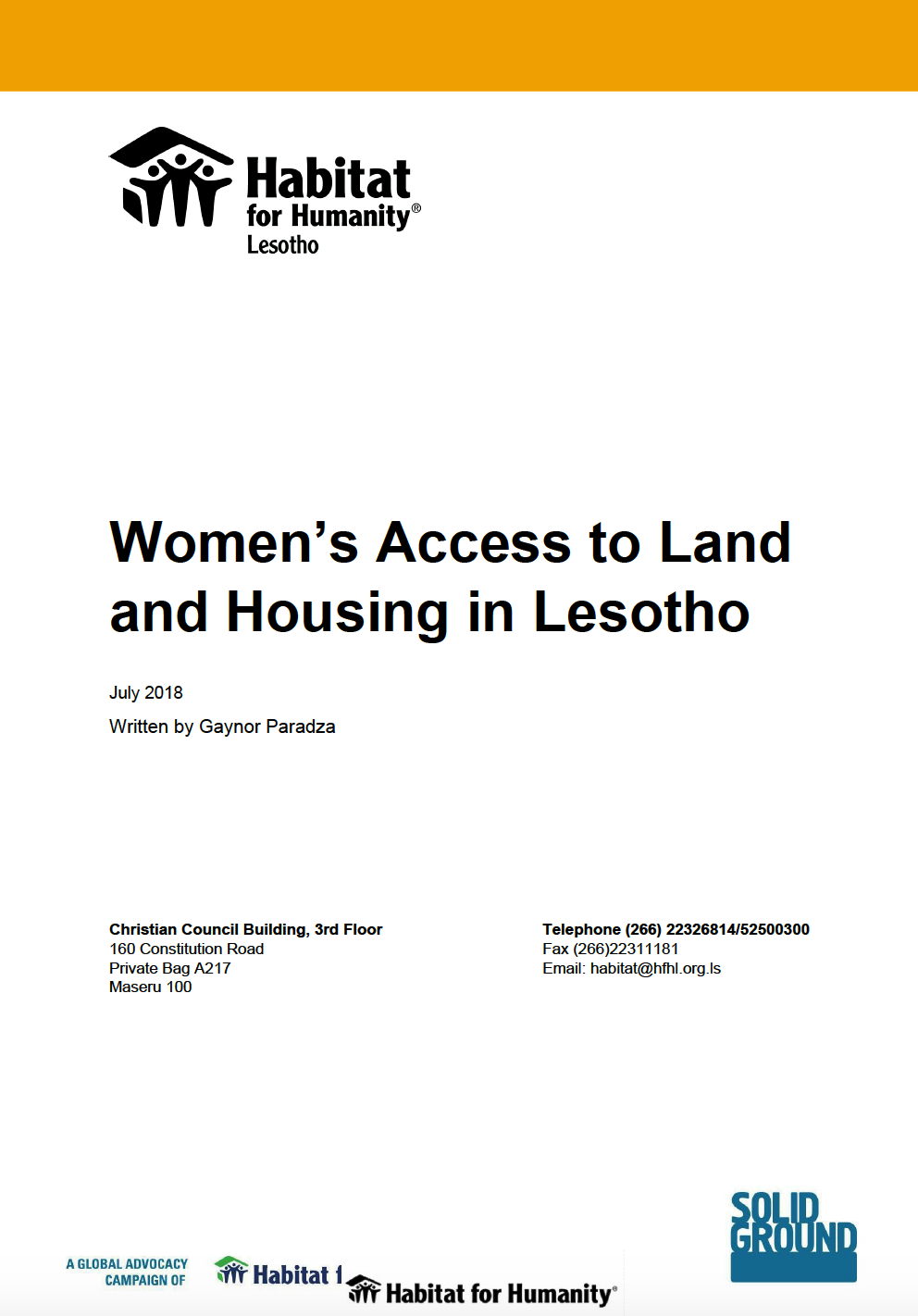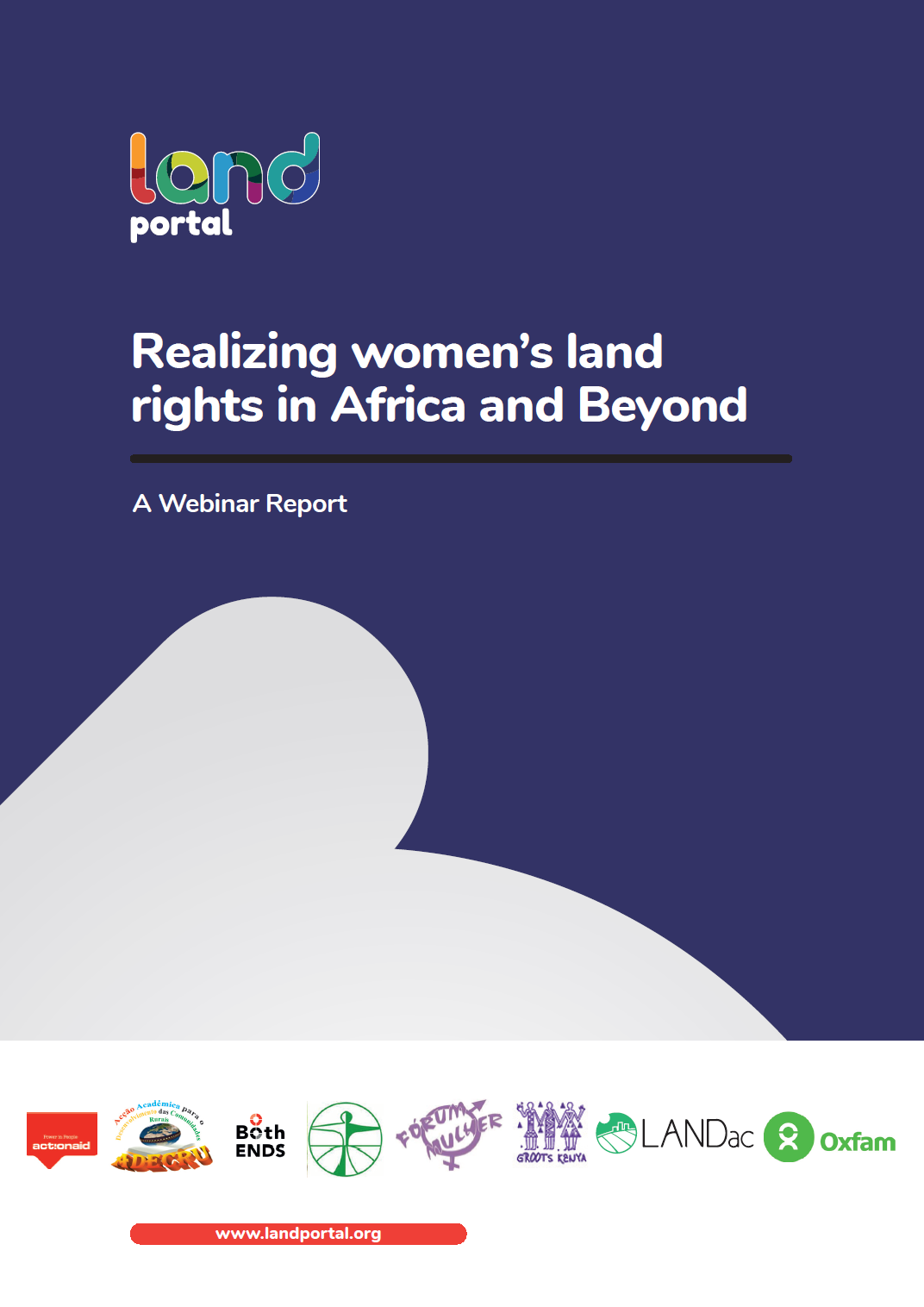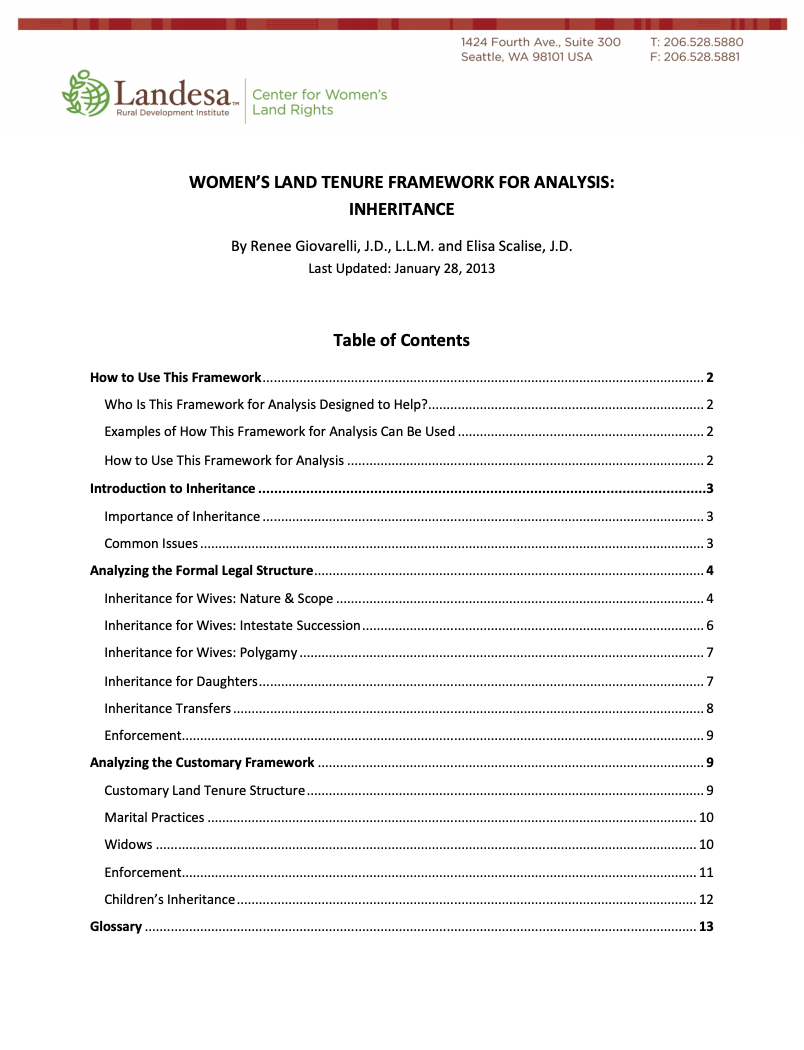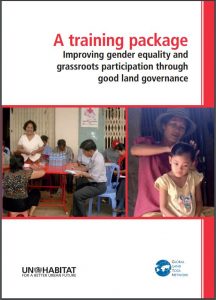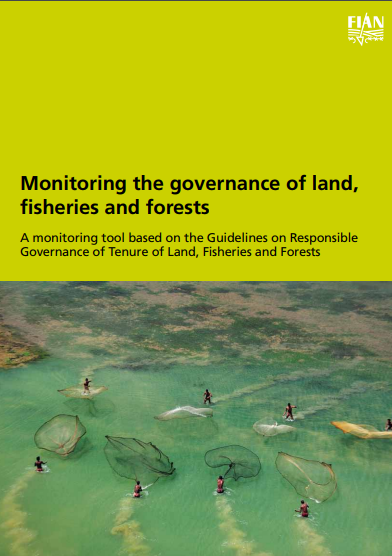New Challenges and Strategies: In the Defense of Land and Territory
ABSTRACTED FROM WEBSITE: What is happening with the land and natural wealth around the world, and to the people who depend on them? How are people responding to these trends, threats, and challenges?



